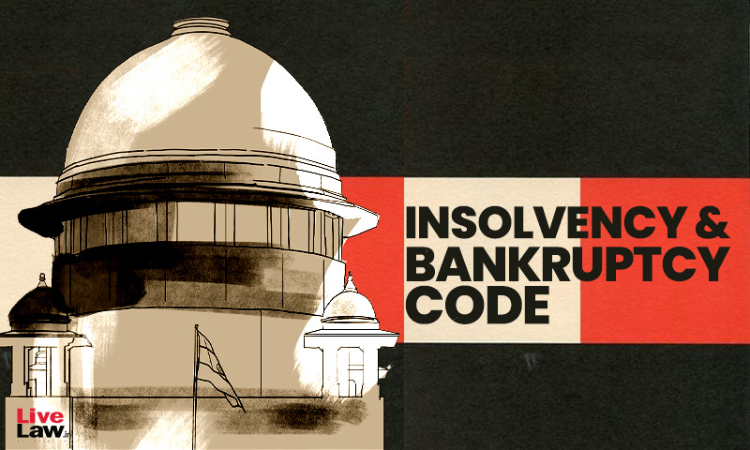Insolvency & Bankruptcy Code : Important Supreme Court Judgments Of 2021
Sohini Chowdhury
28 Dec 2021 11:50 AM IST

Next Story
28 Dec 2021 11:50 AM IST
1. Supreme Court Upholds Sections 3, 4 & 10 Of IBC Amendment Act 2020 [Judgment dated: 19.01.2021] [Citation : LL 2021 SC 25] [Bench: Justices R.F. Nariman, Navin Sinha and K.M. Joseph] [Author: Justice K.M. Joseph] In Manish Kumar v. Union of India And Anr., the Supreme Court upheld the constitutional validity of Section 3, 4 and 10 of the Insolvency...
